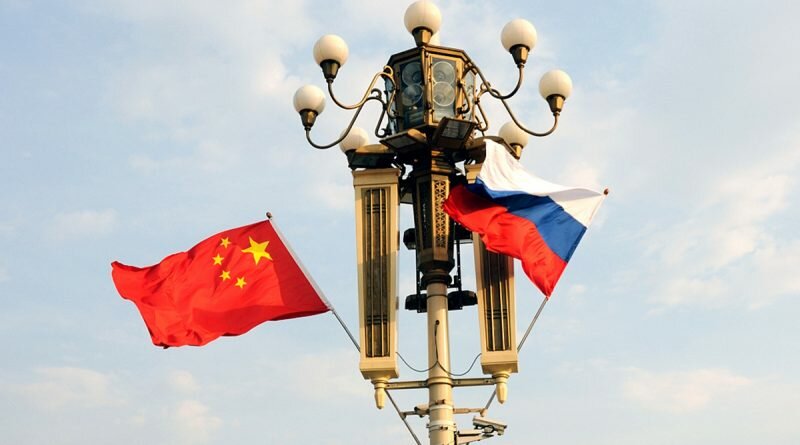How is Chinese media reacting to growing tensions in Ukraine? How are Chinese citizens talking about this on social media?
During the last few days, all the western embassies in China have been releasing a flurry of statements, like never before, with the aim of pressuring the government to distance itself from Russia, and to affect Chinese public opinion on the issue. However, on social media people have been mocking this campaign and questioning why this seems so coordinated, lots of jokes and memes have arisen.
Overall, Chinese people do not see a need to comment on a conflict that isn’t theirs. Until recently, everyone understood this as a western attack on Russia, and now the discussion is about why the west feels the need to play out their conflict on Chinese social media. I saw one comment saying that the west ‘thinks we can’t see international news because of the firewall, that’s not true’. Above all, China does not want to be involved in any kind of war and always believes in doing everything to avoid war. While the Chinese government maintains that position, the Chinese people will not feel the need to react to these kinds of conflicts.
The Winter Olympics are now over, how do Chinese people about how the games went?
I think people are feeling a bit empty now that it’s all over, it was a highly successful event. It has awakened, for the first time, a huge interest in winter sports and people are buying the gear. China performed well, winning 15 gold medals, placing them in 3rd place [above the US]. This success has been the number one tendency everyday on Chinese social media as people have been able to interact with the games virtually but without disrupting everyday life because the whole games took place within the physical bubble created within Beijing.
The Digital Yuan, a Central Bank Digital Currency (CBDC) was adopted in a big way for the time during these games. What is it like to experience the birth of this CBDC?
The Digital Yuan was used during the games but it was not the only form of payment permitted. It is a long way from mass adoption within China, it’s being used in some zones where there are trial runs, but not on a mass scale. China already has digital payments for everything, the country never really saw bank cards, it jumped from a cash economy straight to digital payment through phones etc. WeChat and Alipay are the most prominent ways to make payments within China, so the government will have to work to promote this CBDC, which is basically a cryptocurrency, and change the habits of consumers.
China banned private cryptocurrencies like Bitcoin firstly for environmental reasons. The country has strict goals for carbon reduction and mining Bitcoin is extremely harmful. The CBDC was launched with international commerce, rather than domestic commerce, in mind. It is being launched as an alternative to the US dollar, it is very far away from achieving that, but existing as an alternative option to USD for international trade is the aim and so the US sees this as a great threat because they use the power of the dollar to enforce sanctions. For example, the US was able to sanction European companies that were trading with Iran because the trade was in dollars.
You can read the first installment of our bi-weekly column ‘Contexto Chino’, here.








